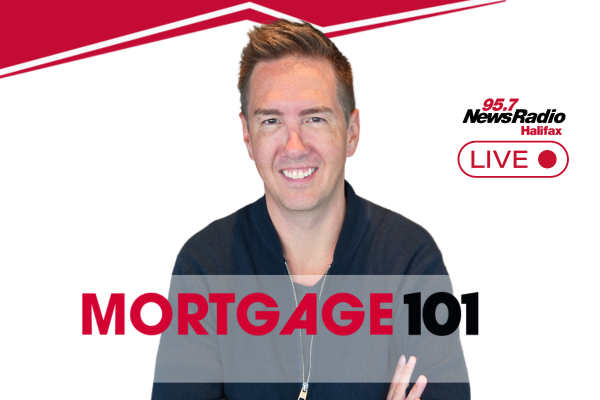Dan Ahlstrand and Clinton Wilkins are joined by Mario Cloutier of Manulife to discuss the importance of risk insurance for home additions, creditor insurance, and the importance of financial literacy.

Here’s what it means to pay yourself first
What does it mean to pay yourself first? This is an essential concept in today’s world. For many people, saving feels extremely difficult. High costs of living and bills can make it seem tricky to set any money aside for the future. However, with some planning, you can create a strategy that brings you closer to achieving financial security and your goals.
What does it mean to pay yourself first?
The concept of paying yourself first is all about prioritizing saving. This strategy emphasizes putting money aside before paying your bills so you know you are always saving money, as opposed to putting it on the back burner. It’s easy to push the idea of saving money aside and think of it as something you can do if you have leftover funds. However, this means you can never guarantee you are building your savings, and it’s important to have a healthy savings account!
When you pay yourself first, you automatically put a certain amount of money aside each month, and then you turn to your expenses. Of course, you need to create a strategy to ensure the amount you are saving is appropriate for your financial situation. Paying yourself first does not mean neglecting your other responsibilities! That’s where forming a plan comes into play.
Creating a pay-yourself-first plan
There are a few steps to help form the perfect plan to pay yourself first!
Determine a fixed savings amount
First, you should decide how much you want to put aside each month. Examine your current finances and decide on an amount that you are comfortable with. It doesn’t matter if it is $50, $100, or $500 to begin with! The important thing is getting started. Once you decide on this amount, be sure to move it into your savings account every month before you start paying your bills. You can set up an automatic transfer if this is easier for you. You should almost treat this as another bill you need to pay, and make a point of doing so.
Start small
It’s best to start with a small amount of money to put away each month. It is often a game of trial and error to determine that perfect number. As you figure things out, it’s better to underestimate what you can afford to save so you don’t spread yourself too thin. Don’t be discouraged if you are only able to comfortably put away a small amount, either. Over time, this will still add up, and it creates a positive habit. Plus, you can always increase your deposits as time goes on.
Organize yourself
Saving can be more effective, and feel more meaningful, when you organize your savings into different categories or goals. You can break down the things you want to save for, and visualize your money contributing to those items. For example, if you put $150 away each month, you might designate half of it to building up an emergency fund, and the other half might go towards saving for a home renovation. This really helps with motivation, because you can actually see where your money is going.
How to stay consistent
The most important aspect of paying yourself first is sticking with it! Consistency is key, but how can you hold yourself accountable? You should track your progress and check in with yourself each month to see how your savings are growing. This helps you see how far you have come, and what you have accomplished. You should also be open to making changes if your situation shifts. If you get a promotion, for example, consider upping your monthly contributions. On the flip side, don’t hesitate to reduce your contributions short-term if you are dealing with a period of low or no income. Finally, take a moment to celebrate small milestones! When you hit significant markers, feel free to give yourself a small treat and acknowledge the work you are putting in. Recognizing your own efforts will help you stay on track.
Consistent savings habits are key to financial security. Paying yourself first might seem like a complicated or overwhelming process, but it certainly doesn’t have to be! Take the time to decide what you can afford to put aside, and what you want to save for. If homeownership is one of your goals, feel free to reach out to a mortgage broker for guidance. We can help you maintain the best savings habits to ensure you reach that homeownership milestone sooner.
If you have any questions about your mortgage, get in touch with us at Clinton Wilkins Mortgage Team! You can call us at (902) 482-2770 or contact us here.


